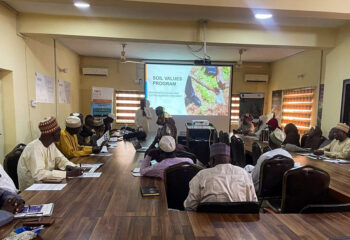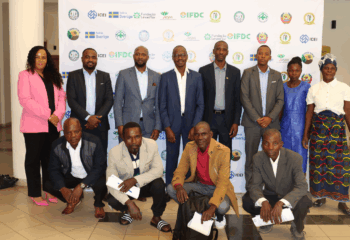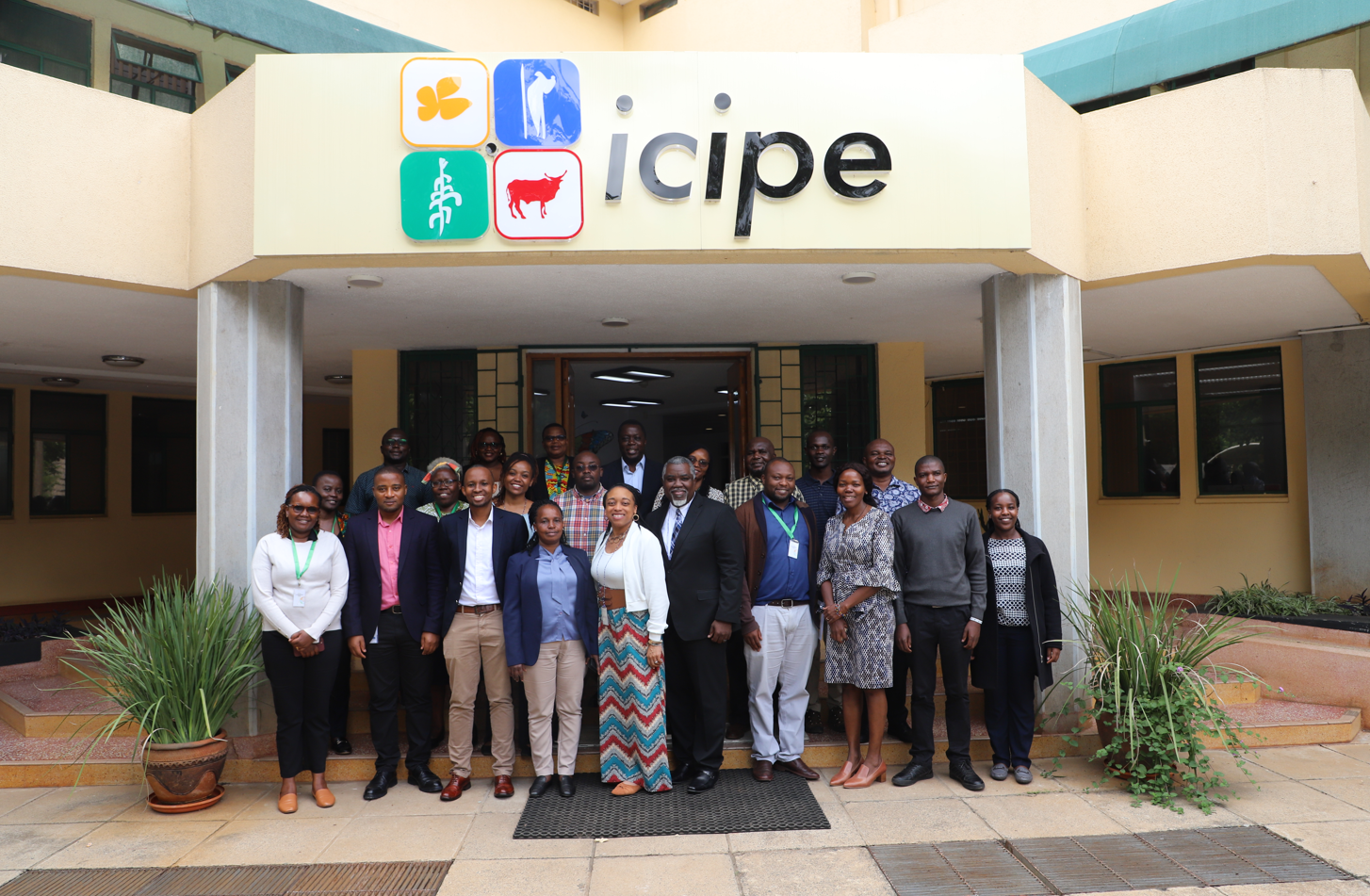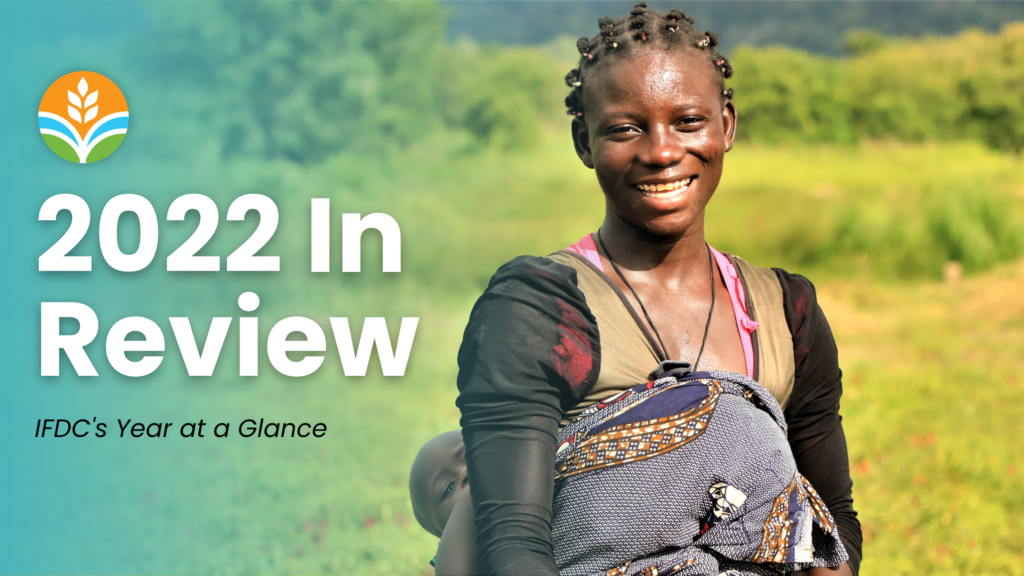
As we prepare to usher in the new year, IFDC is thankful for the global development professionals, research community, IFDC staff members, and agriculture value chain actors that have renewed their commitments to sustainable productivity growth, global soil health, and stronger food systems during 2022.
We are mindful of the unprecedented challenges our world faced this year in the form of food and fertilizer crises that developed as the result of COVID-19, climate change, and Russia’s invasion of Ukraine.
As organizations and individuals from around the world unite to work through the new food and energy crises and improve the resilience of our food systems, IFDC is committed to the rapid development and delivery of products that promote sustained soil health, global food security, and environmental sustainability. This year we continued planning for a new Soil Health and Plant Nutrition Innovation Center based at our headquarters in Alabama. The Center will provide a dynamically collaborative environment to foster, accelerate, and scale agricultural solutions to meet the needs of the future.
Moreover, the IFDC Board of Directors announced the promotion of Vice President, Corporate Services, and Chief Operations and Finance Officer Henk van Duijn to President and Chief Executive Officer (CEO). Outgoing President and CEO Albin Hubscher will retire in January 2023 after four years of deftly leading the organization to a renewed commitment to soil health.
Explore more of our 2022 highlights below.
1. IFDC Offices Host Open Door Events
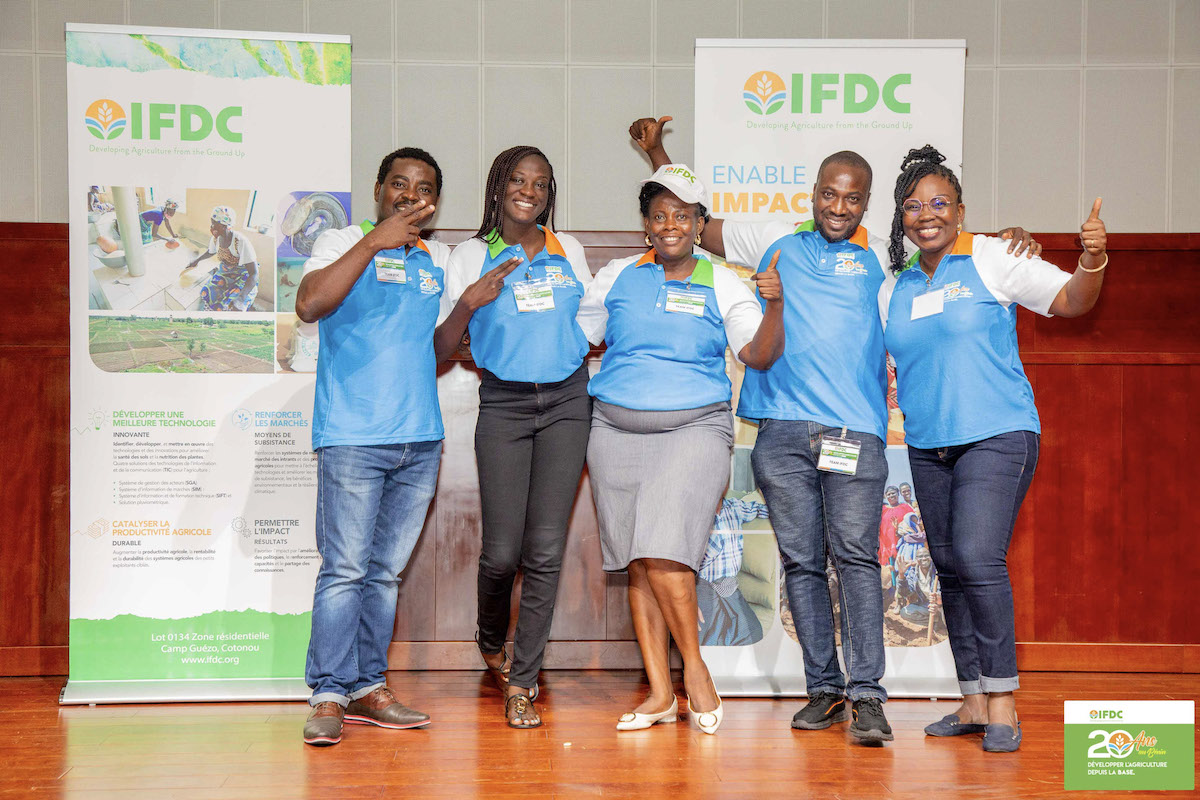
To celebrate IFDC’s legacy of developing agriculture from the ground up, our offices in Benin, Côte d’Ivoire, Mali, and Burkina Faso opened their doors to the public in 2022. These open-door events brought together institutions, experts, and professionals to learn about our activities and their impacts at the global, regional, and national levels and to discuss opportunities for fruitful collaboration. The open-door events were a key opportunity to celebrate IFDC’s strategic achievements for sustainable agricultural development!
2. 2SCALE Program Celebrates 10 Years
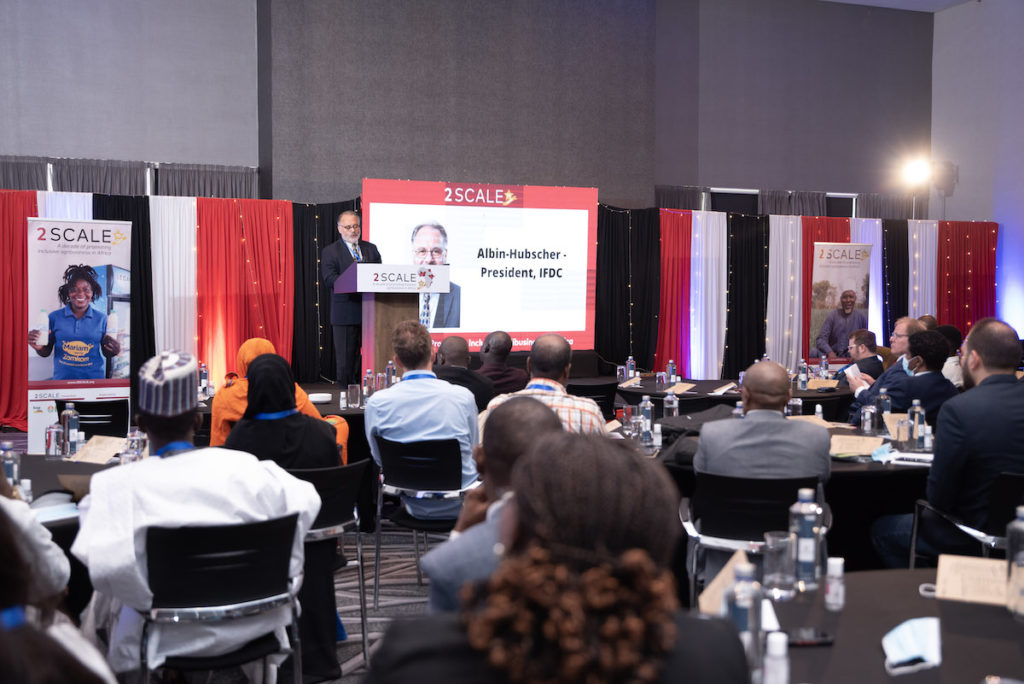
2SCALE, the largest agribusiness incubator and accelerator program in Africa, commemorated a decade of promoting inclusive agribusiness in Africa during 2022. The program met with project partners, business champions, small-scale processors, farmers, and retailers to reflect on its achievements.
“2SCALE’s many accomplishments are a testimony to the effectiveness of its emphasis on inclusive agribusiness. The program’s decade-long operation attests to our partners’ belief in this innovative approach. Its philosophy of sustainable change will have impacts many years to come,” stated IFDC President and CEO Albin Hubscher.
3. New AfricaFertilizer Website Launch

Building upon previous work, the new AfricaFertilizer website displays fertilizer data on trade, production, consumption, and retail prices for 18 sub-Saharan African countries in addition to integrating the current data dashboards for Nigeria, Ghana, and Kenya. The revamped website positions AfricaFertilizer as the primary data source for fertilizer data on the African continent.
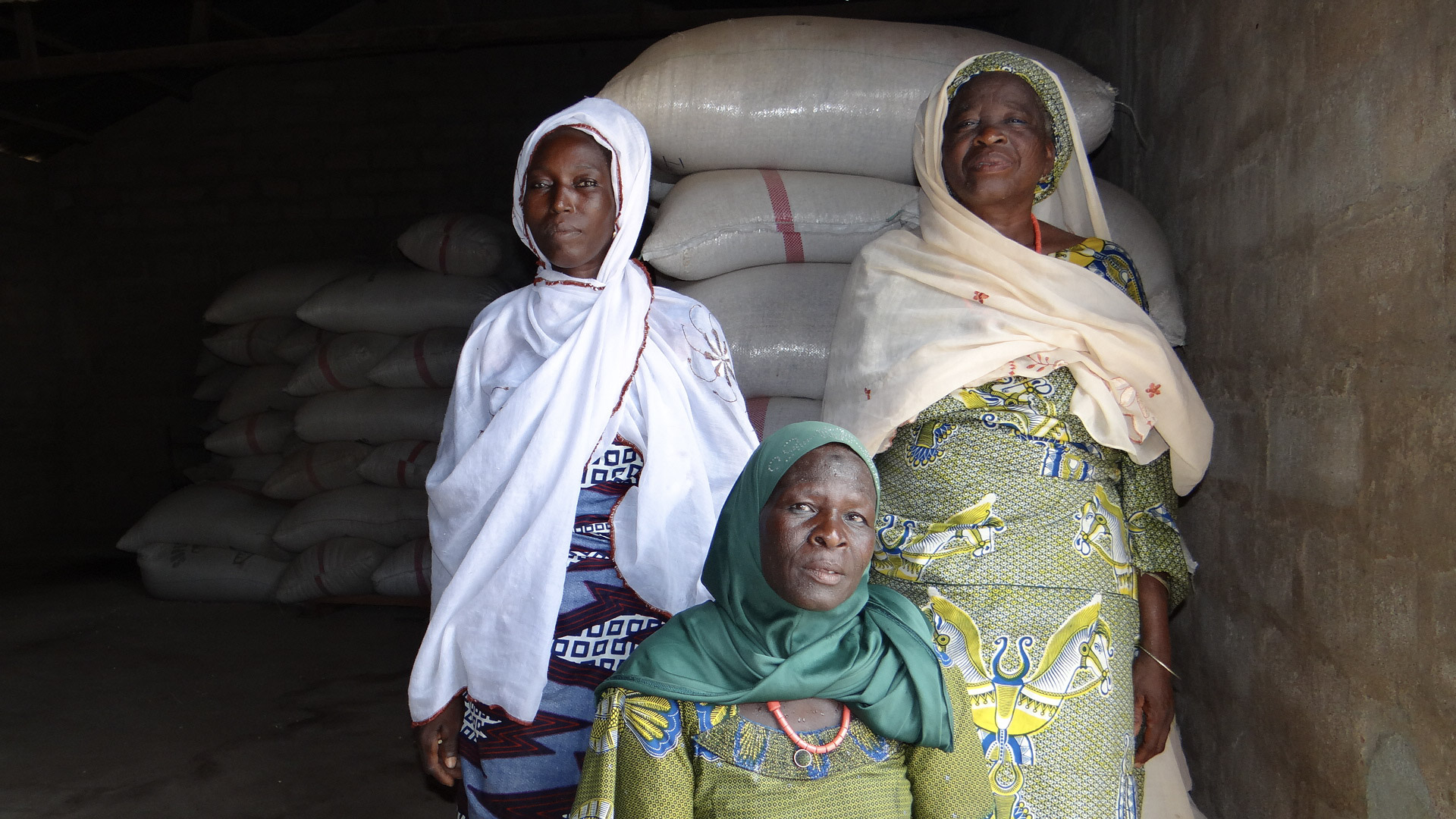
New Projects in 2022
In 2022, IFDC officially launched the HortiNigeria program, funded by the Embassy of the Kingdom of the Netherlands (EKN) in Nigeria.
IFDC was also proud to announce three new projects this year:
4. IFDC Hosts Breakout Session at the 2022 World Food Prize Foundation Borlaug Dialogue

With COVID-19, global conflict, climate change, and rising costs impacting food systems around the world, the 2022 World Food Prize Foundation International Borlaug Dialogue, with the theme “Feeding a Fragile World,” focused on overcoming pervasive shocks to world food systems. IFDC was invited to host a breakout session at the dialogue, where technical and policy research aimed at tackling food and nutrition security was profiled.
IFDC’s breakout session, “Achieving Food Security: Bold Action in Africa for Fertilizer and Soil Health,” highlighted the challenges, needs, and expectations to sustainably achieve food security in Africa.
5. Nepal Launches Site-Specific Fertilizer Recommendations for Rice
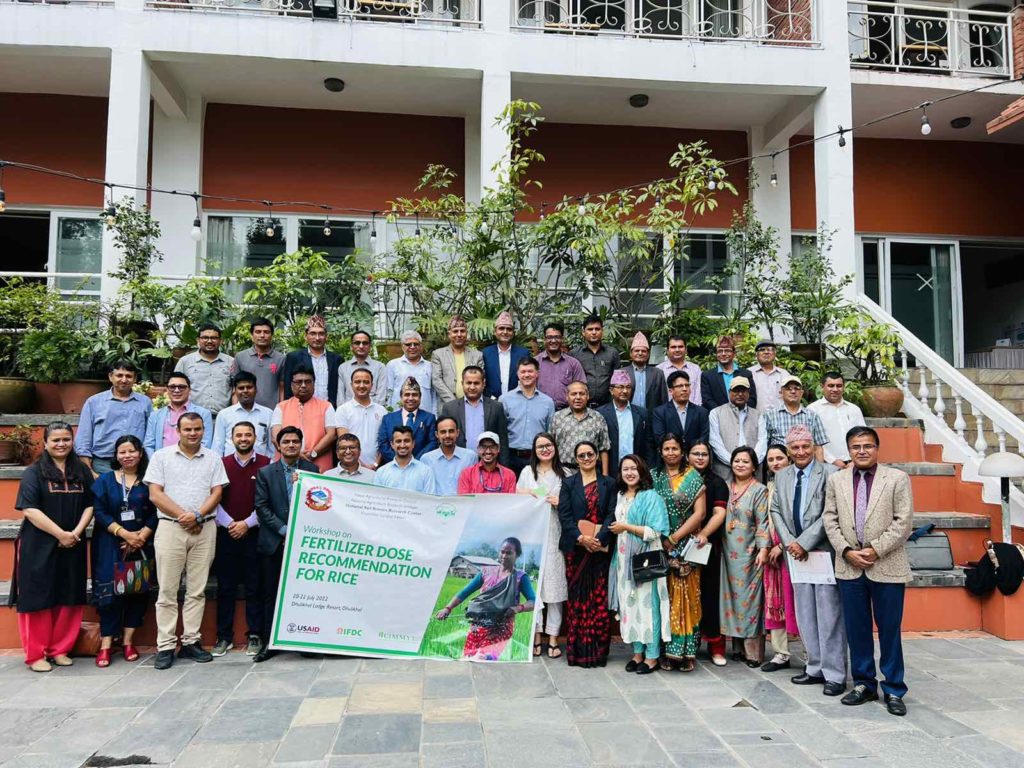
Moving away from the blanket fertilizer recommendations developed four decades ago, the Nepal Agricultural Research Council (NARC) National Soil Science Research Center (NSSRC), in collaboration with the Feed the Future Nepal Seed and Fertilizer Project, launched site-specific fertilizer recommendations for rice for the first time in the country.
6. Africa Fertilizer Watch Provides Mitigating Insights into Sub-Saharan Africa’s Fertilizer Sector
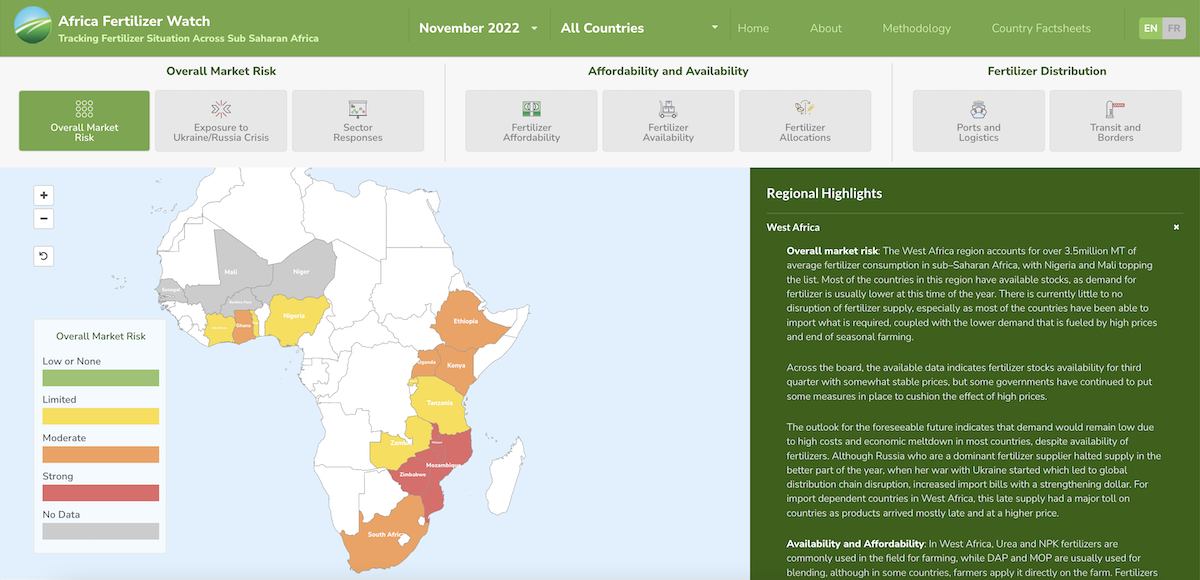
IFDC, AfricaFertilizer, and Development Gateway released updates to the Africa Fertilizer Watch (AFW) in 2022. The tool now has added indicators to track the impact of the Russia-Ukraine conflict on fertilizer delivery and use to identify changes in productivity and food security across the continent. The Africa Fertilizer Watch supports efficient and effective responses to the evolving food and fertilizer crises and ensures that sufficient quantities of appropriate fertilizers reach farmers.
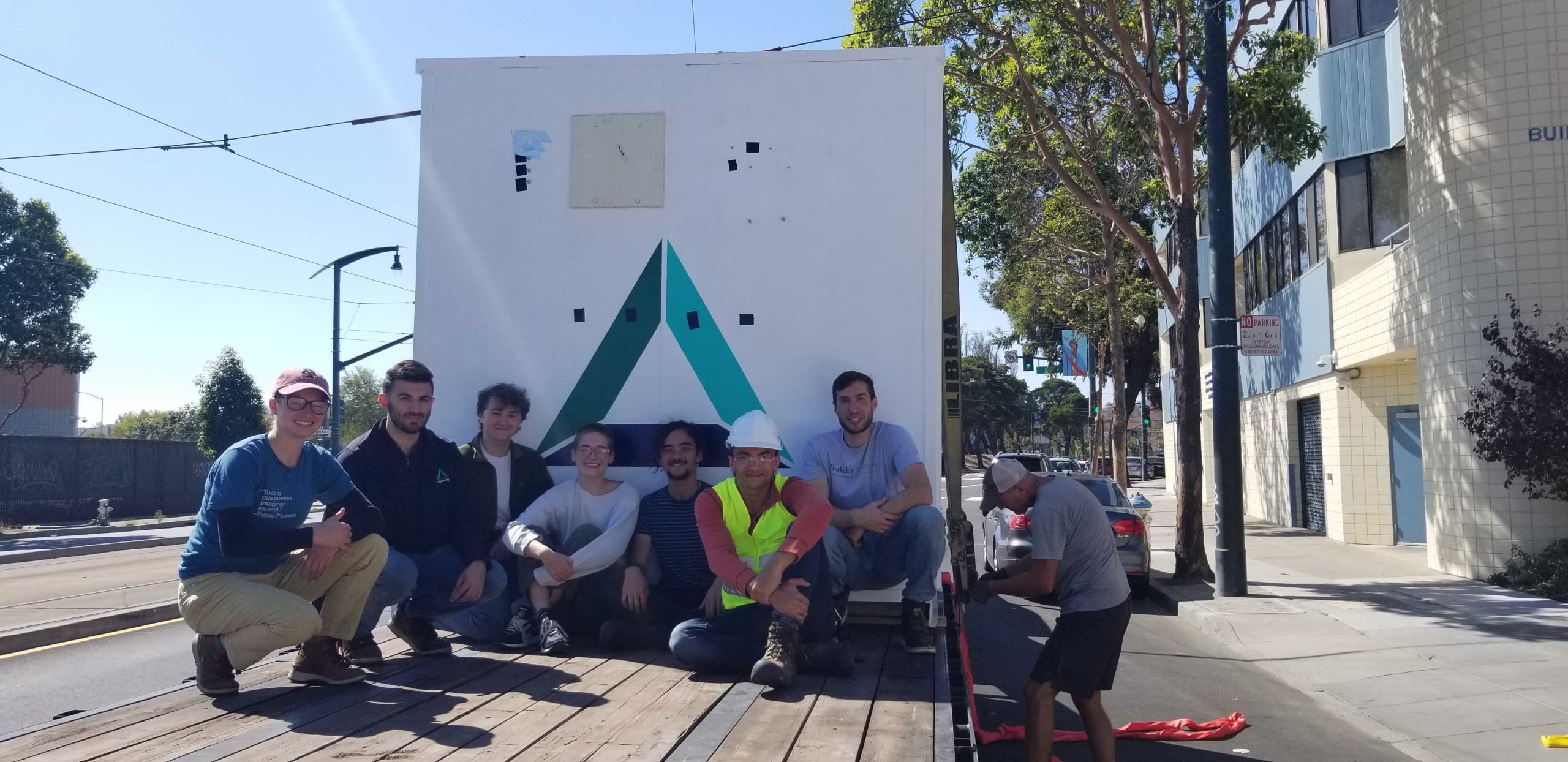
Our Latest Collaborations
In 2022, IFDC signed new partnerships or alliances with:
7. Next Gen Fertilizer Challenges Showcasing Webinar
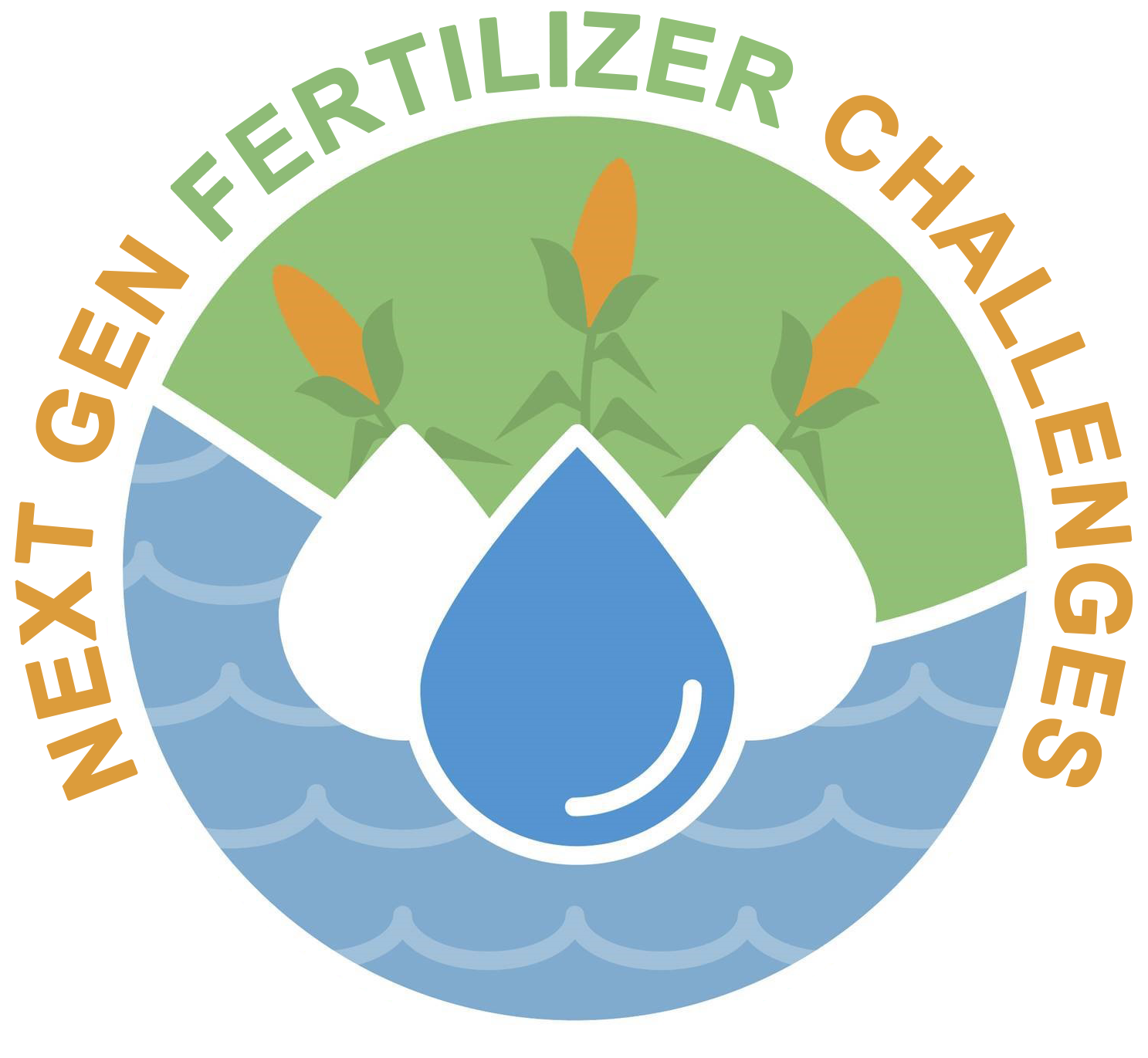
On February 8, 2022, the U.S. Environmental Protection Agency and U.S. Department of Agriculture – along with collaborators including The Fertilizer Institute, the National Corn Growers Association, The Nature Conservancy, and IFDC – hosted the Next Gen Fertilizer Challenges Showcasing Webinar.
Watch the videos to learn about selected recipients and companies from the Joint EPA-USDA Partnership and Competition on Next Gen Fertilizers to Advance Agricultural Sustainability in the U.S.
8. Burundi Soil Acidity and Fertility Maps
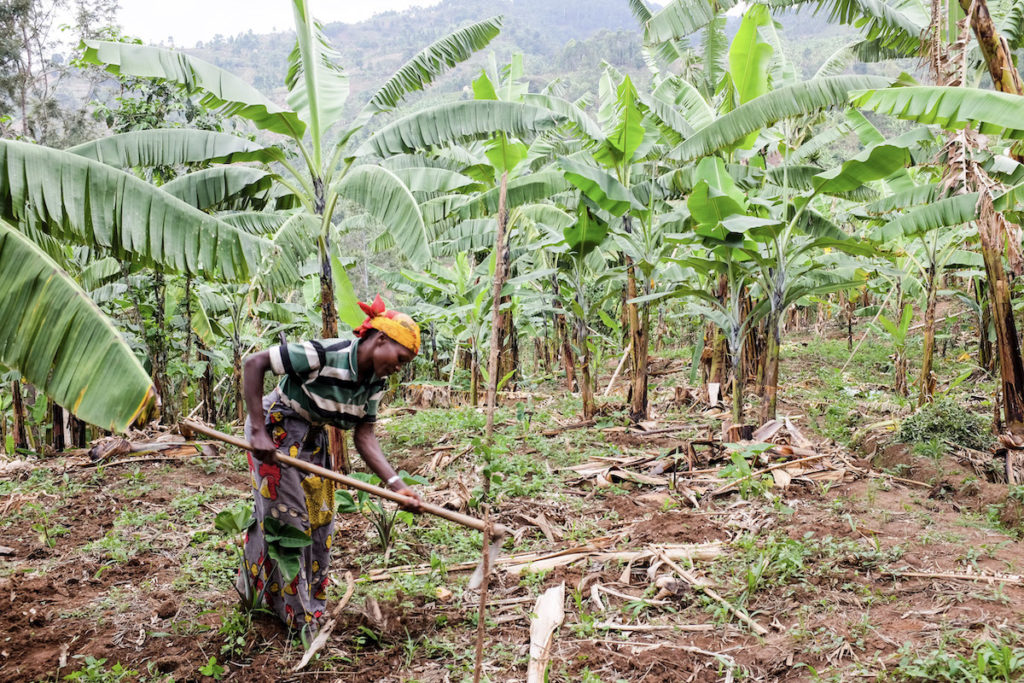
For the first time since 2013, updated Burundian soil acidity and fertility maps are available!
The PAGRIS project, in collaboration with the Burundian Institute of Agronomic Sciences (ISABU) and the Burundian Ministry of the Environment, Agriculture, and Livestock (MINEAGRIE), released the new soil maps, which show soil properties by agroecological zone. These maps are intended to improve the understanding of the current problems of acidity and declining soil fertility in Burundi.
9. FeSeRWAM Promotes Use of Innovative Technologies for West African Farmers to Increase Agricultural Productivity and Profits
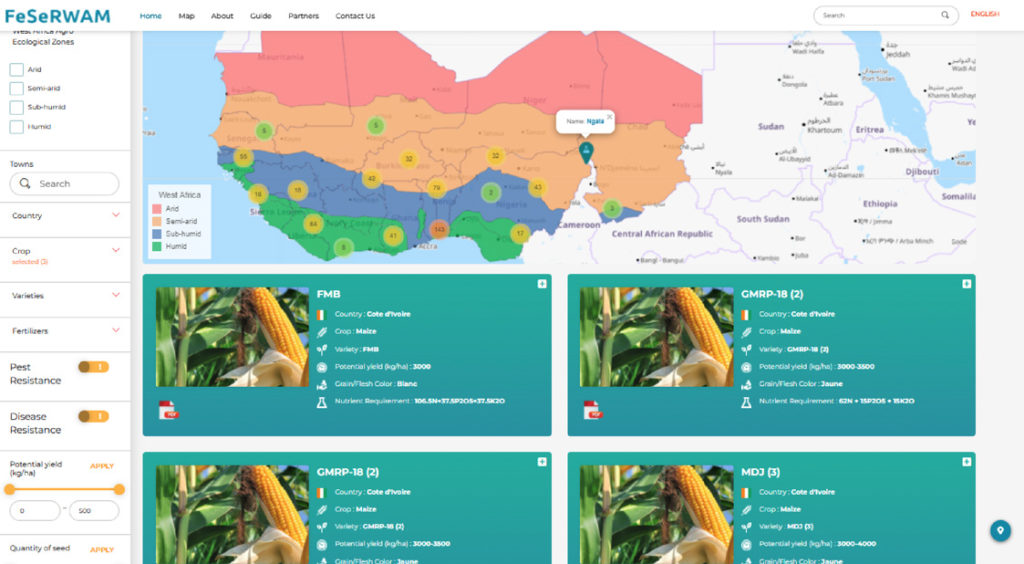
The updated Fertilizer and Seed Recommendations Map for West Africa (FeSeRWAM) and agro-input packages (AIPs) were launched on August 25. The FeSeRWAM and AIP tools deliver important site-specific technical information on recommended improved seeds, appropriate fertilizer, and good agricultural practices to promote sustainable increases in agricultural production and productivity. The initiative is funded by USAID through the Feed the Future EnGRAIS and PAIRED projects, implemented by IFDC and CORAF, respectively.
10. IFDC Appoints New President and Chief Executive Officer
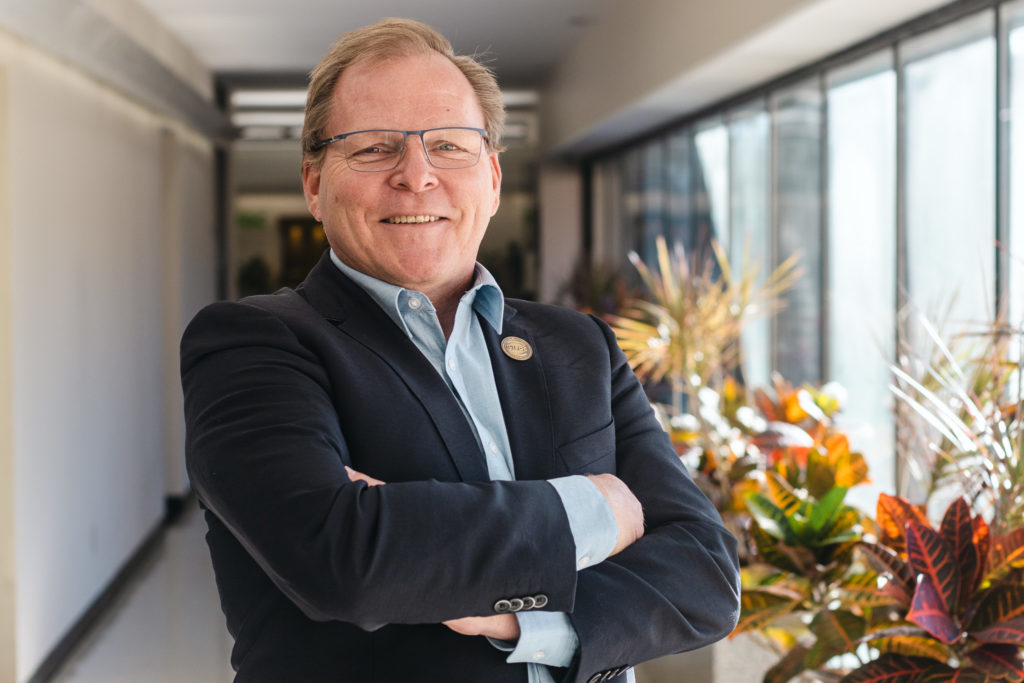
The IFDC Board of Directors and staff were pleased to announce the appointment of Henk van Duijn as President and Chief Executive Officer (CEO) this year. Van Duijn will assume his position and new responsibilities on January 1, 2023.

